One of the scariest terms in online gaming is “VAC ban.” The term is closely associated with Counter-Strike: Global Offensive, and is most commonly applied to players who are busted for cheating in games. VAC bans can also apply to many online games outside of CS:GO, especially those that are played on PC via Steam.
VAC stands for “Valve Anti-Cheat,” which is an automated system that’s designed to detect cheating software installed on a Steam user’s computer. If you’re banned by VAC, the ban is “permanent, non-negotiable, and cannot be removed by Steam Support.”
Players who migrate over to CS:GO from VALORANT can closely compare VAC to Riot Games’ Vanguard system. In tactical shooters, common methods of cheating including wallhacks and aimbots are often used to gain the upper hand, and it’s system like VAC that stop them in their tracks.
Can you recover your Steam account from a VAC ban?

“If a user connects to a VAC-Secured server from a computer with identifiable cheats installed, the VAC system will ban the user from playing that game on VAC-Secured servers in the future,” according to Steam’s official description of VAC. With this in mind, any chance you thought you might have had to get your account back after it’s been VAC banned is non-existent. Unfortunately for the cheaters of the world, a Steam account cannot be used to play in competitive games after it’s been VAC banned.
Related: How to fix CS:GO’s ‘VAC unable to verify’ error
“The VAC system reliably detects cheats using their cheat signatures,” Steam said. “Any third-party modifications to a game designed to give one player an advantage over another is classified as a cheat or hack and will trigger a VAC ban. This includes modifications to a game’s core executable files and dynamic link libraries.”
You can find which games are VAC-enabled on Steam by searching them out, which brings up a list of at least 600 games that you can be VAC banned from.
To avoid a VAC ban, don’t cheat or play games on Steam on a PC that has cheats downloaded, and you’ll likely be fine. Almost all VAC-enforced software (with the exception of possible intrusive viruses) need to be sought out by the user, so you’ll be in the clear unless you’re actively going out of your way to cheat.


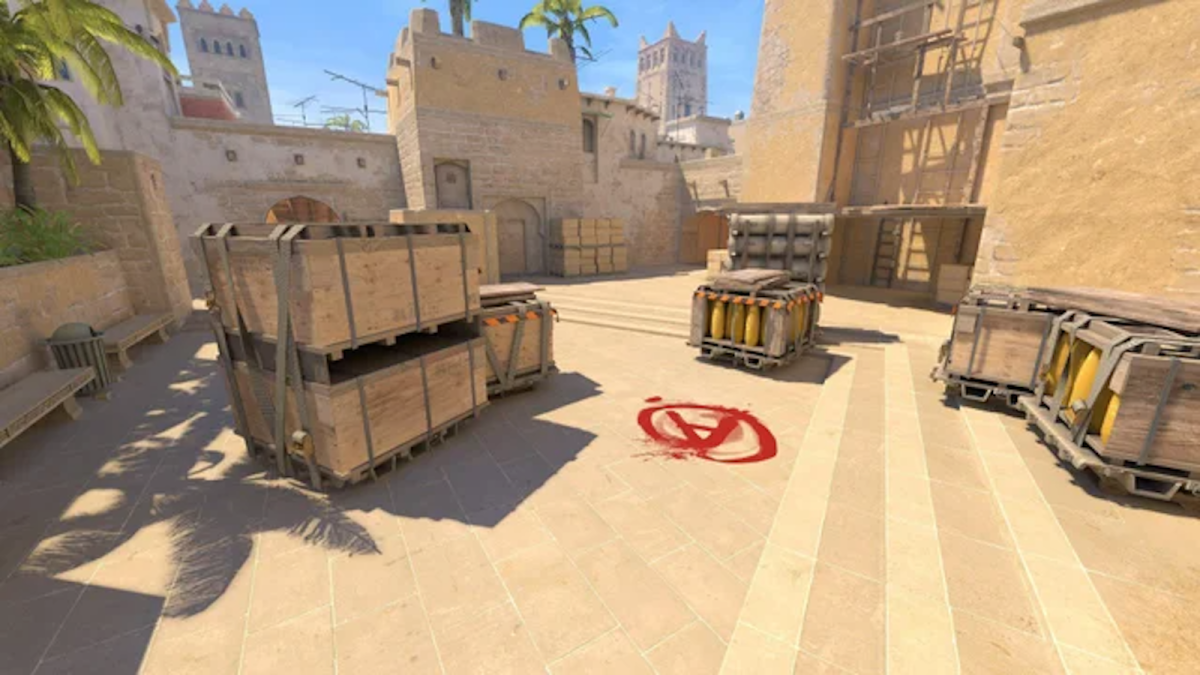

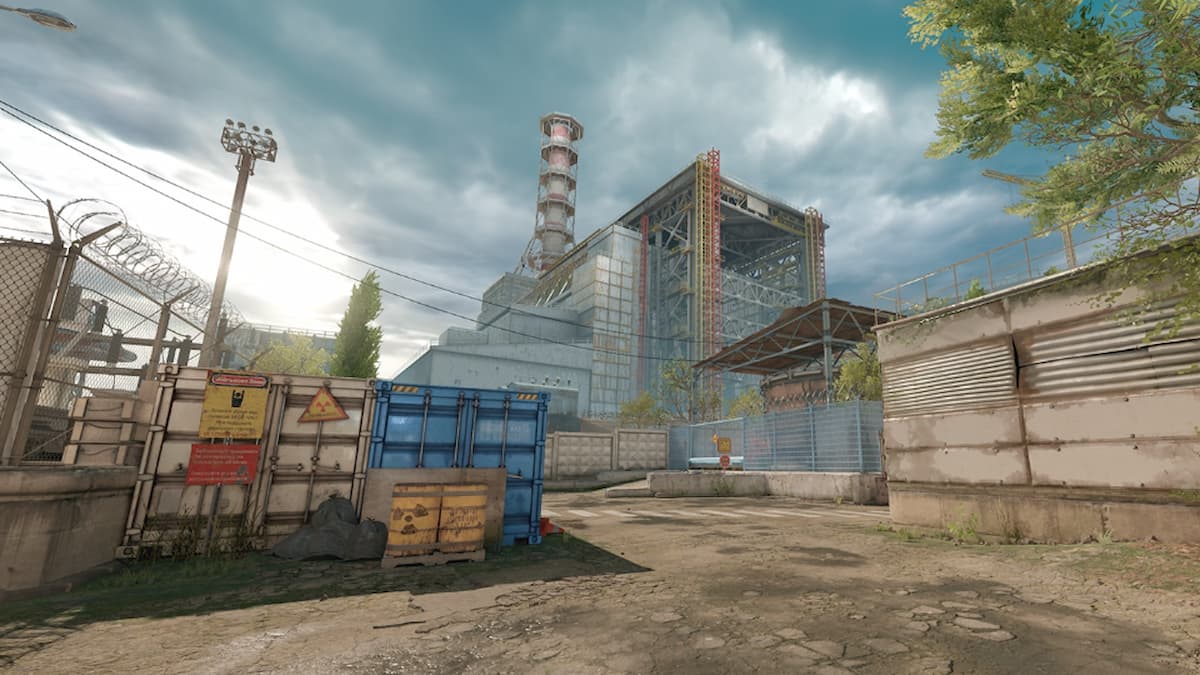
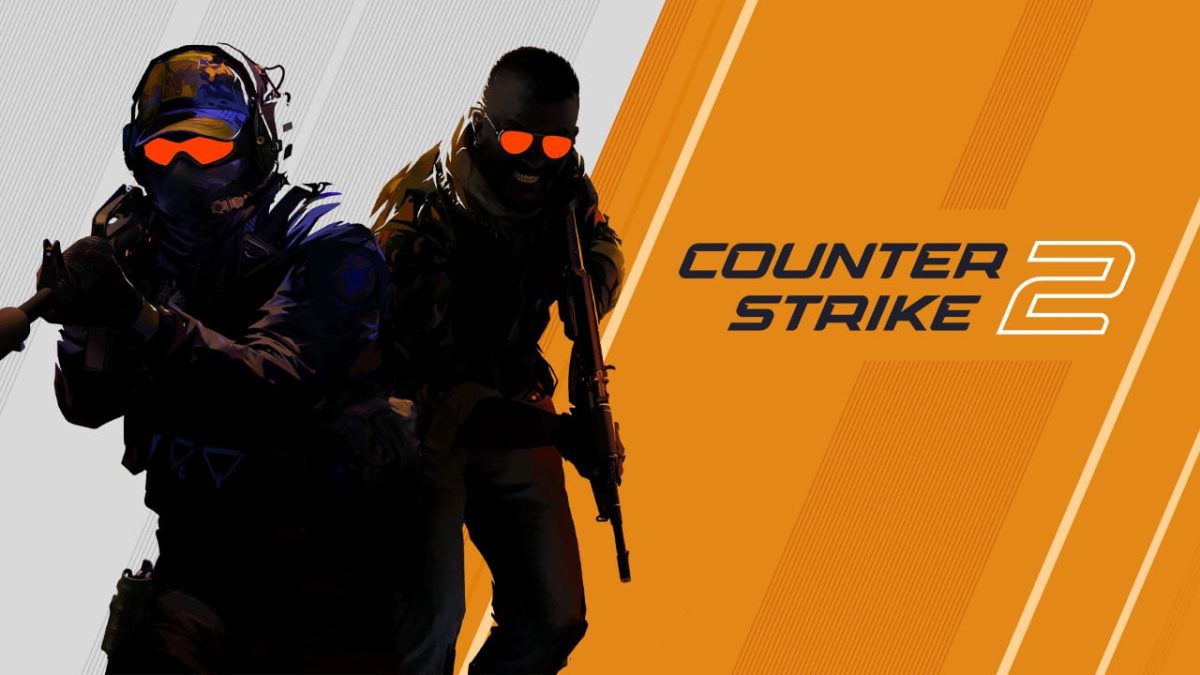


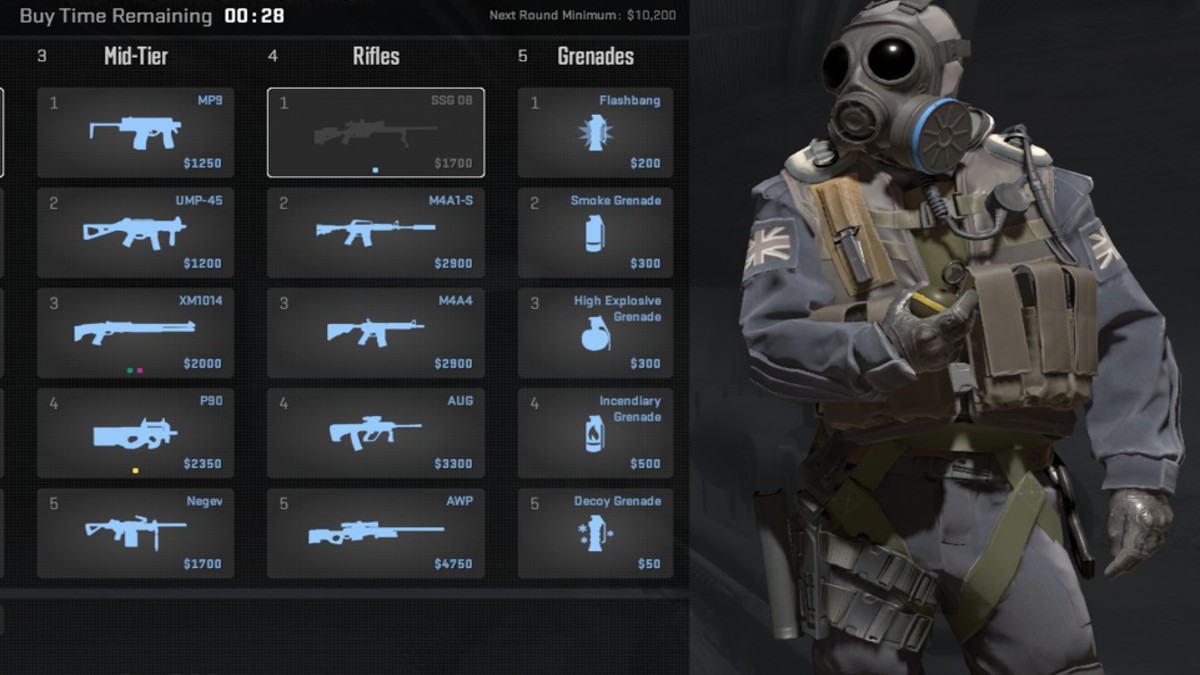
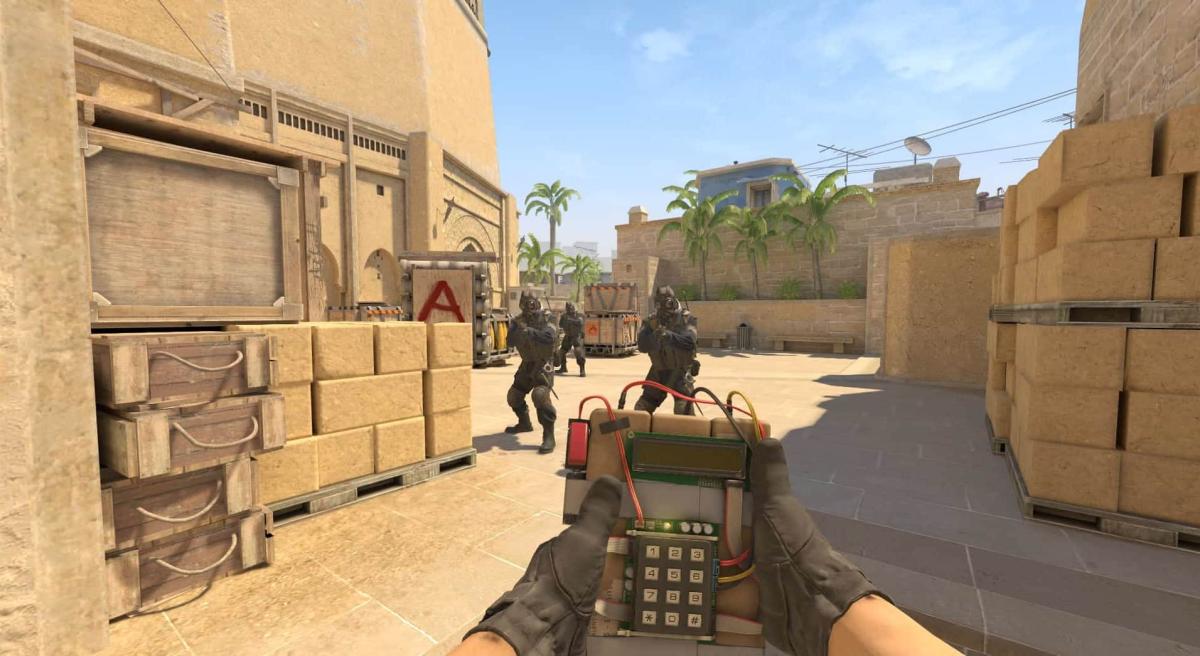

Published: Jun 18, 2023 03:51 pm